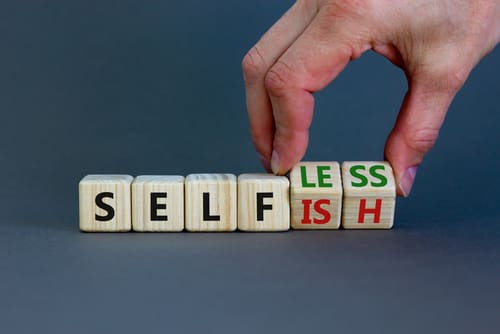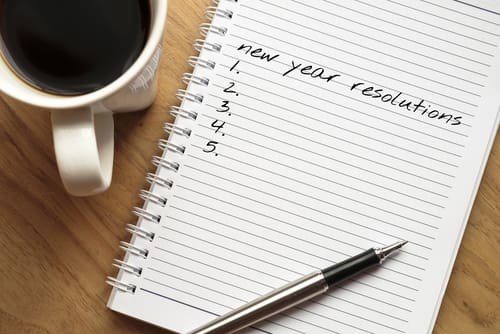
What’s your time worth? Have you ever sat down and thought about time as one of — if not the most important – resource we have each and every moment of our lives?
When one is young, especially if you are healthy, time can feel never ending — and sometimes it can almost feel torturous. Remember your childhood days when an afternoon felt like a lifetime — the chorus of “I’m bored” being spouted loud and clear.
Then we get a little older and life begins to take off — and time becomes more precious. Now there are deadlines — some of our choosing and many not of our choosing. Even during this time, though, we often feel like we are “doing, doing, doing” but nothing has yet begun in our lives. Time is something that moves and does not move.
Then we get a little older and life is moving — flowing like a rapid river on a summer’s day. We have made the decisions that carry us into the fullness of our lives — marriages are sealed, children born, careers built, homes bought, hobbies and adventures pursued. During this time, we are so caught up in the doing there is barely any time to think about what our time is worth. We are on the treadmill of life.
The apex!
And then we get a little older, and children go off to school and start their own time journey. Houses are sold as the maintenance and upkeep are too much for too few people, retirement beckons, resources dwindle, enrichment activities become important, and health deteriorates. This, to me, feels like the time when most people feel that their time is worth more than anything else they’ve got.
Funny thing, time was tracking with us each one of the days before we reached this stage, even if we weren’t paying attention.
It seems to me that time is our most precious resource. And although it is hard to pay attention with intention to time and how we are moving through our hours that make up the days that make up the months that make up the years, I want to encourage you to do so. You are running a marathon, not a sprint in life (hopefully!)
If we were to take the premise that time is the #1 thing in our lives, how would you go about making today be valuable and worthwhile with how you spend your time. And I don’t think the answer is to make every second produce — but seeking the balance seems to be of real importance. And then to review each night how you actually spent your most important resource.
Time waits for no one and will be here long after you and I are gone. Take the time you have and make it count — try to see the marathon you are running before the end is in sight. Life is to be lived forward with intention. Time is one of the best places to house your intentions for the life you are creating,









